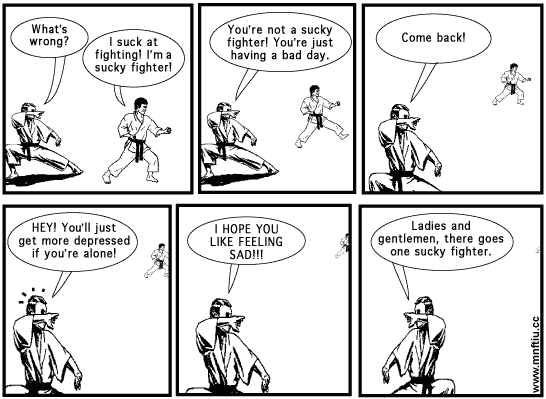Some of you may be aware that I have been working on a little thing called the Bookworm Project. In short, it is my way of getting back into the bookworm groove by reading a new book every month and then vlogging about it. This month, I read Fangirl by Rainbow Rowell.
Fangirl centers around Cath, a girl starting her first year in college. Her and her twin sister, Wren, are both huge fans of Simon Snow. Simon Snow is a book series turned movie series franchise, constructed to be a parallel to what Harry Potter is in our world. Cath and Wren have all the merch any huge fan could think of, and have authored their own fanfic. But when they go to college, Wren moves on from the fandom, and Cath clings to it. Cath is immensely overwhelmed by the huge change in her life that is college, independence, and new people. Throughout the story, Cath realizes that in order to begin weaving her own story, she may have to leave Simon Snow behind.
I think I ran into this book at quite an opportune time. I will be moving off to college next year, I'm a huge fangirl, and some days, strikingly similar to Cath. I have talked about fandom before and how it lets us escape to another world, if only for a few minutes. So many people, particularly teenagers, find refuge in stories. Having this sort of escape can be nice, but sometimes it brings us too far from reality. We can get so wrapped up in a fictional universe that we forget to step out into the world and live a little. As Dumbledore said, "It does not do to dwell on dreams and forget to live."
I, like Cath, will sometimes face great change through a sort of film; move to China, for example, and I will watch ten seasons of Classic Doctor Who. When Cath moves to college, she delves deeper into the Simon Snow fandom, simply because the pressure and the change is too much. My way of avoiding thinking about decisions for college was watching copious amounts of Doctor Who and sitcoms. But if anything, rather than a momentary escape to clear your head, too much fandom can cause you more anxiety. It becomes a vicious cycle: stressed, escape, stay in escape too long, repeat. The only way out is to face the world, head on.
And yes, I will connect this to the new year. Sure, you can set goals at any time of your life; there's no need for a party at midnight and the turn of time. But the new year is a celebration, marking yet another revolution of the Earth around the Sun. It's all big and astronomical and beyond what we could possible imagine. Perhaps it is the notion that we are still here, still evolving, still putting one foot in front of the other that makes this particular evening like a great jumping point for any goal. In any case, watching Cath deal with her stress in the same way I sometimes do was enlightening and reinvigorating. I could relate to her situation. More importantly, I could watch it from afar, gaining a better perspective. Fandom will always be there, but the world will not.
Watch Fangirl book review video here.











